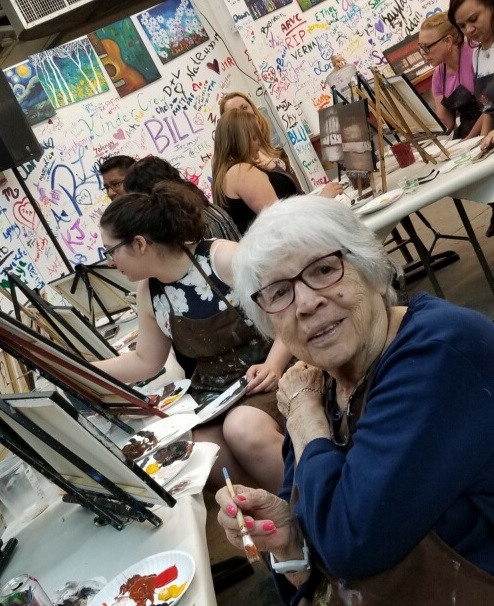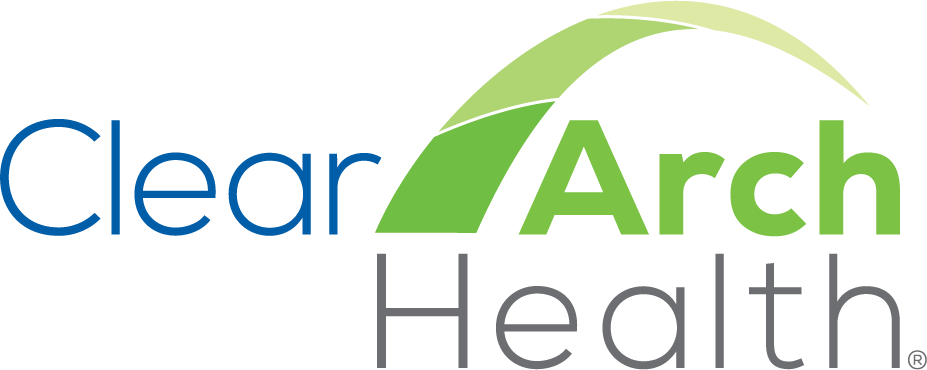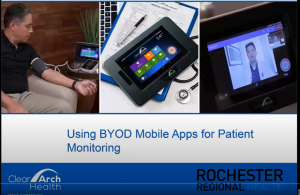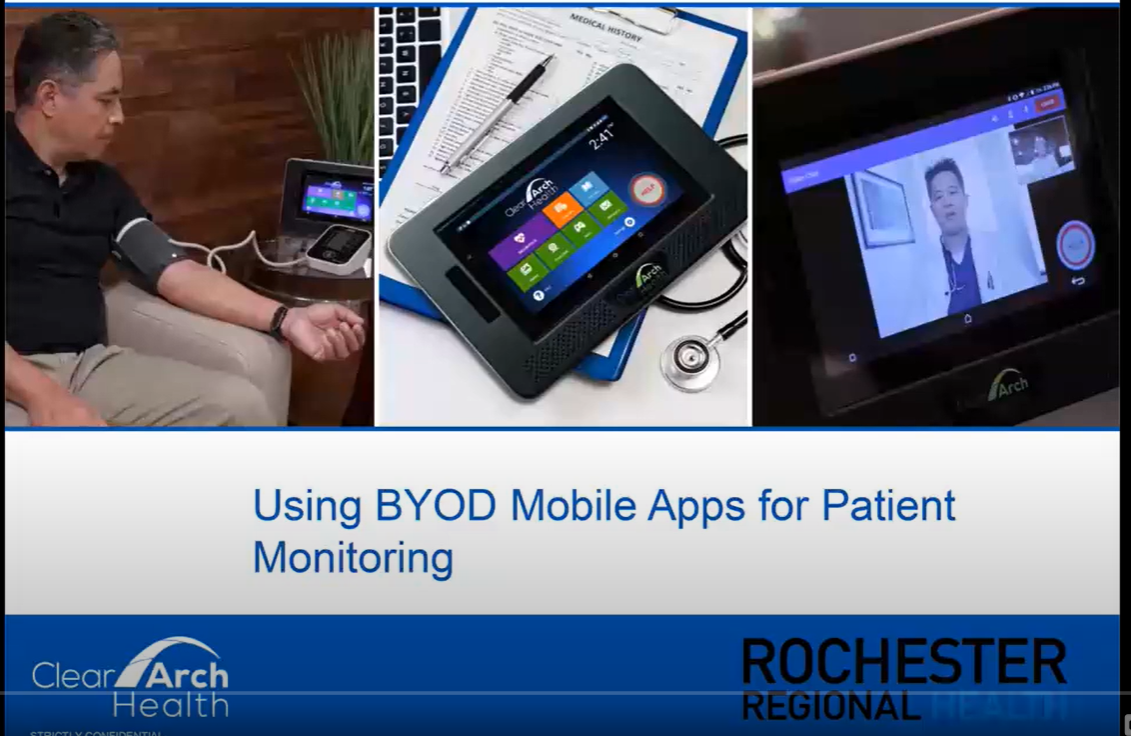
Jerriene Cordova is the Director of Telehealth Programs for Clear Arch Health. The following blog is her contribution to the many families living in multigenerational households and it is a reflection on what it means to be independent and aging.
Clear Arch Health provides technology to help individuals live independently with emergency help buttons and fall detection. And, Clear Arch Health also provides solutions to support better health management with remote patient monitoring (RPM).
Independence Day marks our nation’s independence and the dawn of our democratic society. Our freedoms and liberties in the context of politics are the gems we protect, generation after generation.
Recently, I reflected on the more personal meaning of independence. I picked up my 88-year-old mother in Maryland and flew with her to New Mexico. With her, I joined a group of “pre-boarders.”
This flight had at least eight passengers who required wheelchairs and assistance sitting and walking. Some were of advanced age, like my mom, and some had other physical issues that meant they needed either more time or help boarding.
My mother’s seatmate was older, like my mom, and while she had several physical challenges, she was sharp and a joy to speak with. At one point, her eyes drifted to the window and she recognized the desert landscape. She recalled on her life in Arizona, her home, and her independence. She had since sold her home and moved in with her son and his family. She wondered, aloud, whether she was of any value to the family and the grandkids.
At that moment, it struck me. Personal independence changes throughout our life. You may chuckle and think that is obvious. But to listen to this woman’s personal story was to witness her reaction to the change and how she felt about it. She missed her home; she missed her independence. At no point was she ungrateful for her family and their support. She just missed HER life on HER terms.
The interaction stuck with me and when I brought my mother home, I tried to shift how we interacted during her stay. Was I helping? Was I listening to her? Was I giving her space? With all the challenges that my mom faces as her body ages she also has an interest in trying new things. My goal was to allow for her to be as independent as possible during her visit. How did we show her that we recognized her value?
I had told my mother’s seatmate that I had no doubt her grandkids found comfort in her presence in the shared home. My older children benefited greatly from their daily interactions with grandparents who lived near or, at times, with us.
I am no expert in caregiving, but I have cared for others in my life. Although I am still learning, here are some things I did learn, which I will share with you, regarding independence, aging and the impact it has on families. I want to share this, because I believe we can be successfully independent, together.
- As people age, and their abilities to care for themselves or their homes change, their situation changes.
- How can we all change together, respectfully, and with dignity? Combining households is challenging for everyone. Plan and understand that sharing space is not easier for the elder because they need help.
- Create opportunities to talk and listen. Involve children. Ask elders for advice. Everyone has some wisdom to share.
- Elders in the home need help and care and so do all family members. And, we all need to contribute. Simple tasks like helping with safe chores can give someone a sense of purpose.
- Dementia and other memory related disorders are often progressive. For some of my family elders, like my father and mother-in-law, there were many moments of lucid, engaged discussions. I recall the last time my mother-in-law remembered me by name and the memory is still bittersweet. Engage your loved ones and do not miss the moments.
- Give your loved one the ability to connect with family and friends. The more they remain involved in their own lives, the happier everyone will be.
- Transcend with your loved one from being a house guest to being actively involved in family time. Invite them to try new things.
Below is an example of my family’s “try new thing adventure.”
My family took my mom out to a wine and painting night. It was a rowdy crowd. My mom sat down in front of her canvas and worried that she had no skills – nothing to contribute. Halfway through, she looked at her work and shrugged, unsatisfied with the tree painting we were working on. She had resisted the class, because she never loved arts and crafts. I asked her to stand and walk around the room and see everyone’s work. She mustered the courage to stand up, balanced her weight on her cane and slowly reviewed the canvases that lined the isles. She returned to her place and continued to paint as instructed. She looked pleased at the end and laughed with the crowd until we all called it a night.
I asked her what she thought about the class and she replied, “I learned I need to take myself less seriously and just enjoy the night.”
I, too, learned something that night. I learned I needed to take her age less seriously and join my mother in taking new risks and enjoying life. Sometimes we frame independence with a time in our lives when we felt we needed no one else. But the reality is, we need others. We may need to give more times than we get. But the “give and take” is constant.
As situations change and we face multigenerational living, I hope you will find a way to live independently and joyfully, together.








